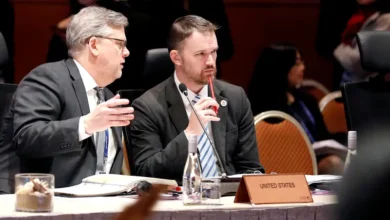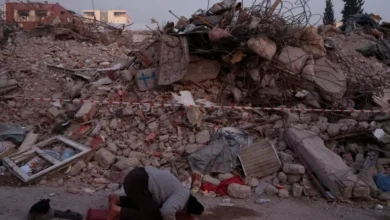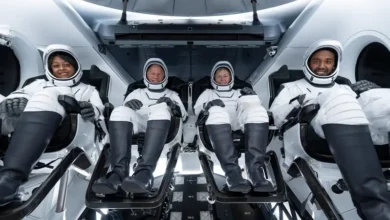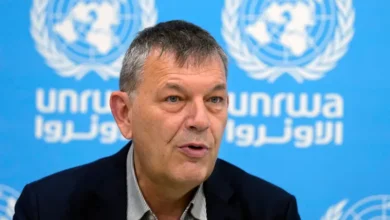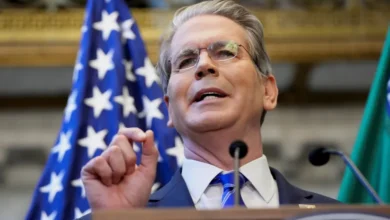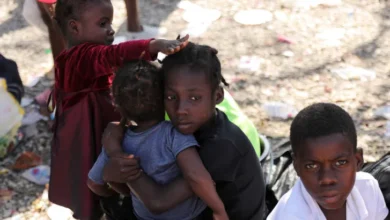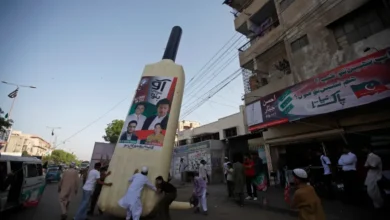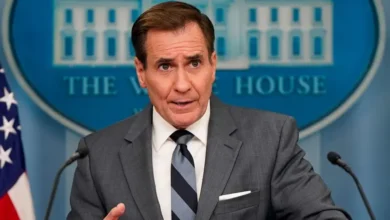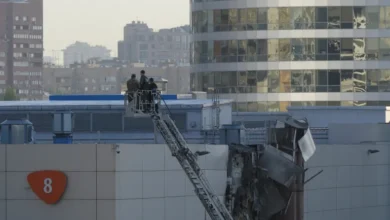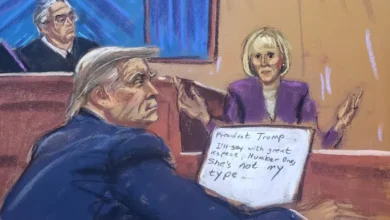Trump’s latest Ukraine-Russia U-turn: Why is the US resuming arms supplies?
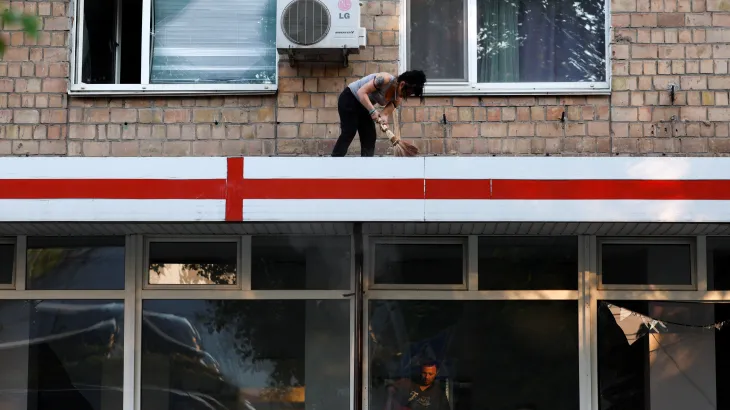
Former Ukrainian serviceman Andriy Hetman says he has stopped paying attention to United States President Donald Trump’s decisions to halt and resume military aid to Ukraine.“This time, [Trump] realised he’ll look bad, weak, he’ll look like he’s on [Russian President Vladimir] Putin’s side,” the 29-year-old, who was demobilised after being wounded in the eastern Donbas region in March, told Al Jazeera.“This time, [Trump] realised he’ll look bad, weak, he’ll look like he’s on [Russian President Vladimir] Putin’s side,” the 29-year-old, who was demobilised after being wounded in the eastern Donbas region in March, told Al Jazeera.Trump said on Monday that he reversed the White House’s decision days earlier on July 1 to “pause” arms supplies to Kyiv, including crucially important air defence interceptors and precision-guided bombs and missiles.
In February, he froze aid after a falling out with Ukrainian President Volodymyr Zelenskyy – but resumed the supplies weeks later.
Monday’s resumption followed Russia’s intensified attacks. In recent weeks, Ukrainians have endured hours-long overnight drone and missile assaults on key cities that have killed and wounded civilians – and kept millions awake.
“We’re going to send some more weapons. We have to [so that Ukrainians] have to be able to defend themselves,” Trump told a news conference in Washington, DC.On Tuesday, Trump went further. He hinted that the Russian leader has flattered him for months but kept coming up with lists of impossible demands and ignoring calls for a ceasefire.
“We get a lot of bullsh-t thrown at us by Putin, if you want to know the truth,” Trump told a news conference on Tuesday. “He’s very nice all the time, but it turns out to be meaningless.”Putin’s demands include the “demilitarisation” and “de-Nazification” of Ukraine that is allegedly ruled, according to the Kremlin, by a “neo-Nazi junta”.
Moscow also wants the West to lift multi-layered sanctions that are beginning to hobble Russia’s economy, and the return of assets frozen in Western banks. On Tuesday, Trump said he is considering additional sanctions on Russia.Boosting air defence
The US weapons Kyiv needs the most are air defence missiles.
In June, Russia launched a record 5,438 drones, a quarter more than in March, according to the Ukrainian air force.
More than half of the drones are laden with explosives, while the rest are decoys Ukrainians waste their missiles on, or reconnaissance drones that track down locations of air defence teams and Western-supplied Patriot systems.
The Russian drones – and the cruise or ballistic missiles that follow them – hit civilian areas, causing more casualties every month.
After multiple tactical adjustments, Russian drones can now fly several kilometres above ground, making them unreachable to air defence teams with machineguns – and making Kyiv even more dependent on US-made air defence weaponry.
“The dependence rose dramatically in comparison with 2022, because at the time Ukrainian forces had many Soviet-era [air defence] systems and missiles that were depleted by the end of 2023,” Nikolay Mitrokhin, a researcher with Germany’s Bremen University, told Al Jazeera.
“Yes, US supplies are of paramount importance so that Russia doesn’t blow all of Ukraine’s rear areas with its drones,” he said.
Another backbone of Ukrainian forces is US-made HIMARS (High Mobility Artillery Rocket Systems) multiple rocket launchers that have been lethally effective in destroying Russian command posts and arms depots.
“There have been no analogues to HIMARS,” Mitrokhin said.
‘Trumpian hills’
Trump’s U-turns regarding the aid resumptions are both personal and administrative.
They stem from his own “mood swings” and the lack of systemic, coordinated efforts of his administration, according to Volodymyr Fesenko, head of the Kyiv-based Penta think tank.
“I’d call them ‘Trumpian hills’,” he said.
The decision on Monday to resume aid is a response to Putin’s apparent reluctance to resume peace talks while adding pressure on Moscow’s forces at the front line.
The main reason for the war’s escalation is that the Kremlin has concluded that the US will no longer help Ukraine, giving Russia a clear chance to win the war, Fesenko said.
